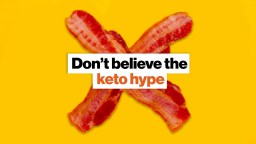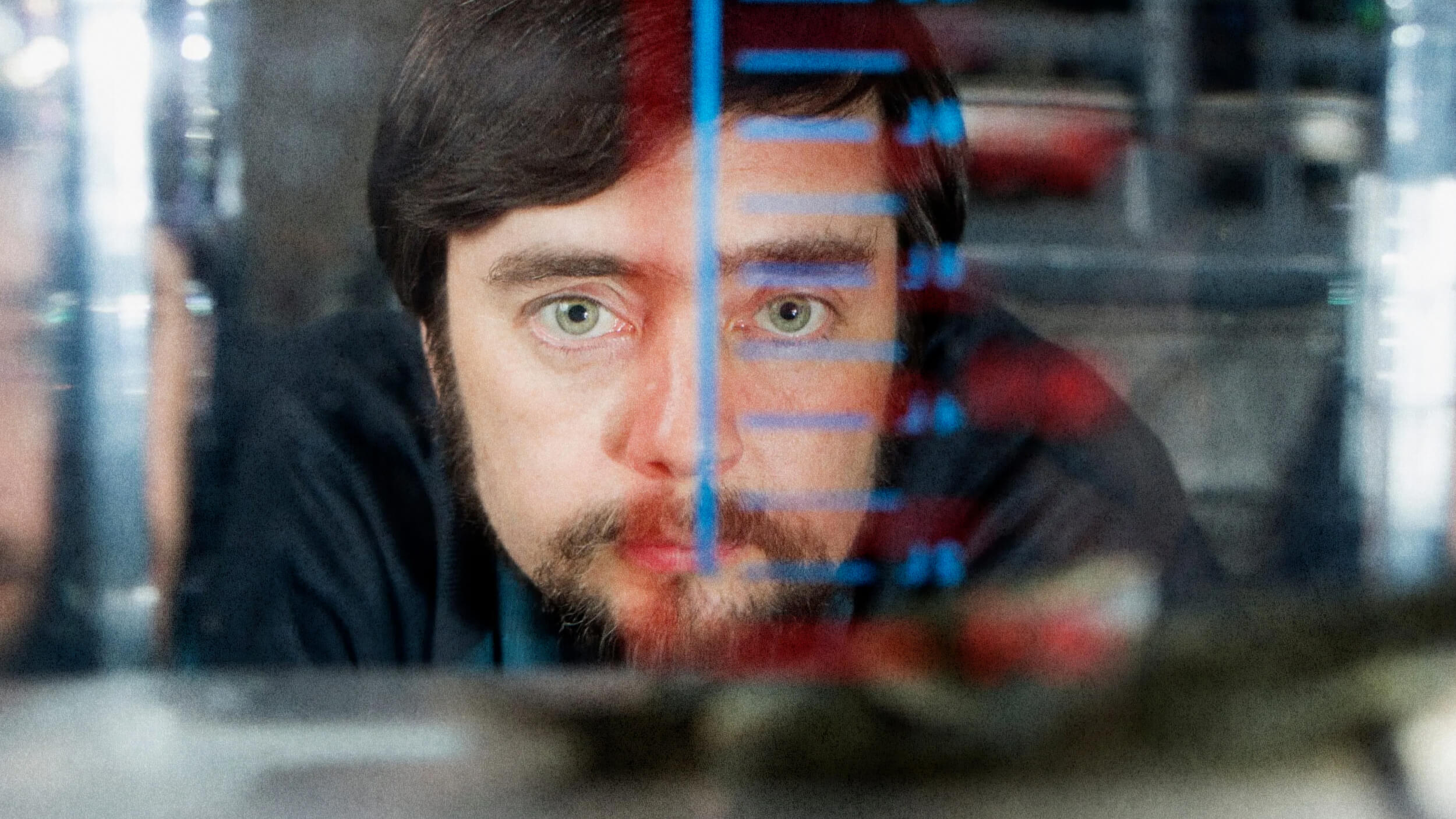JILLIAN MICHAELS: How do we really decipher the thousands of studies that are out there on all of these diets? And the problem is what people will do to try to sell you a false bill of goods is take one study and blow that study out as though it's the entire picture, when of course it isn't. Imagine you have a massive painting but I only showed you this tiny piece of the painting but you had no idea what the hell else was going on over here there, there's no way you could get an accurate read on if this is a sad picture, a happy picture, like there's no way you could know, correct?
So when we look at keto here's why we're saying, or not me, but here's where some of the advocates are espousing benefits. Well, what are we doing with keto? We're removing carbohydrates, anything that elevates you got about 20 grams of carbohydrates a day that you're ingesting, which is essentially nothing, it's about 80 calories worth of carbohydrates out of what could be anywhere from a 1600 to 2500 calories a day diet so that's nothing. And it throws your body into a state of emergency that's what ketosis is. And because we don't have any glucose or glycogen, any blood sugar or stored blood sugar, we turn to fat quickly. We produce ketones and the idea is we burn through fat and we lose fat fast. And that is true and you would think that would be a good thing. And in addition, people will say well I reversed my type two diabetes. Of course your insulin level was through the floor, you're consuming zero carbohydrates so you have no blood sugar so your pancreas is not releasing insulin. And this can also affect conditions like polycystic ovarian syndrome and by virtue of that connection it can also affect fertility. Fair. Let's give it that.
But here's what we're not talking about, there's zero calorie restriction on a ketogenic diet so you have a massive amount of oxidative stress, there's no consideration of timing with regard to food so your autophagy process is totally out of whack
In addition to that it's very high in animal fats and animal proteins. So we're seeing that diets rich in saturated fats are poor for our telomeres oxidative stress, increased inflammation, your nutrient sensing pathways that are related to the health of your metabolism are overrun with constant food, heavy fats, lots of animal protein and we know it hurts your telomeres and on and on and on.
Now, what about the benefits? Is it worth it? Let me tell you, the number one way to sensitize somebody's body, again to insulin, is exercise. I've been doing this a heck of a long time, I reversed type two diabetes, I've helped people get off all medications for type two diabetes and POCOS and get pregnant after years of trying and failing through a commonsense diet where we don't eat too much, we eat real food and we have balanced macronutrients. So I can give you all those benefits with none of the negative side effects of keto. And last thought on keto, we're stripping our body of certain fruits, which have a ton of antioxidants and polyphenols in them. So again, when we look at oxidative stress and free radicals and how they're aging us we need to look at antioxidant foods that help to combat that. When you start cutting out digestive enzymes and papaya and pineapple and mango and all the beta-carotene, which is one of the top things to help keep your telomeres long, something like keto is detrimental on so many different levels. And the amount of benefit is so small when we can take a completely different path get all the benefit over here, none of the negatives over here and all the benefits over there.






